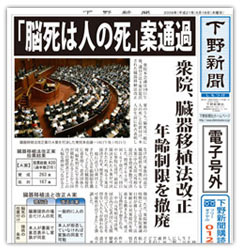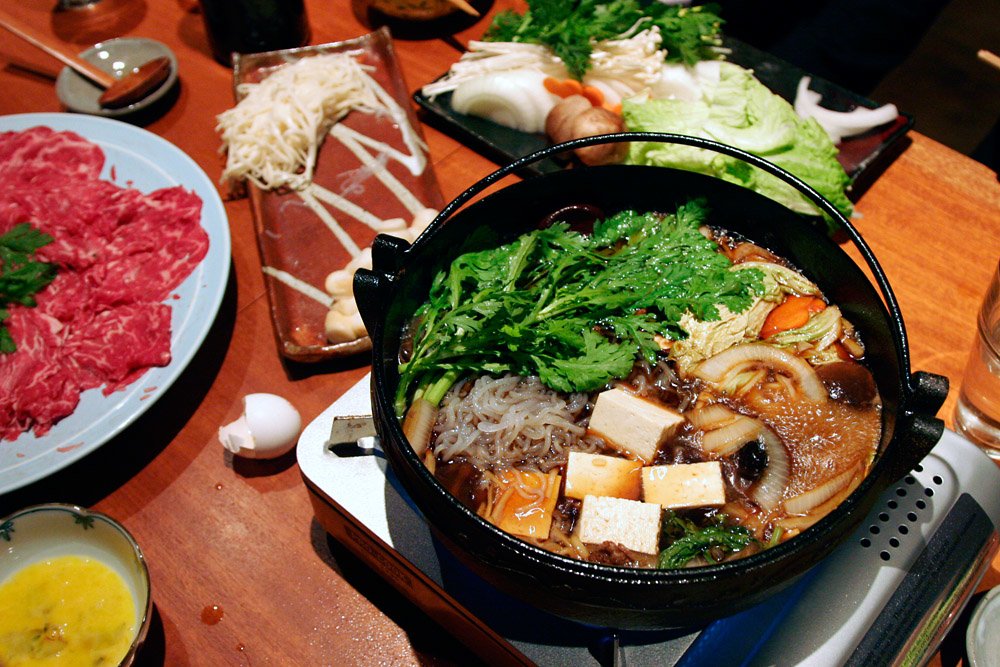Japan has two health insurance systems: shakai hoken (best translatable as “society-person insurance”) which covers employees in larger companies, and kokumin hoken or “citizen’s insurance,” available to employees of smaller companies as well as the self-employed. Each system requires monthly premiums based on income and covers 70% of health care costs, as well as 100% for certain groups such as children under 5. The other day I got a a new insurance card with an interesting feature: a place to sign on the back if I agree that my organs can be harvested if I’m ever declared to be brain dead. This is part of a new movement to update Japan’s outdated definition of death, finally allowing for people to specify themselves as organ donors and providing guidelines for declaring when a person can be removed from life support in accordance with their wishes. Lawmakers recently revised an asinine law that prohibited anyone under the age of 13 from participating in any organ transplant operations, which required that all patients with these needs travel outside of Japan to seek care, or die.

Japan has been trying to revise its laws governing brain death.















